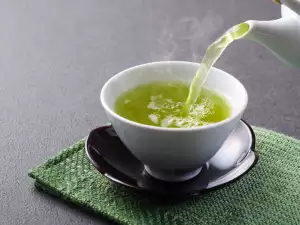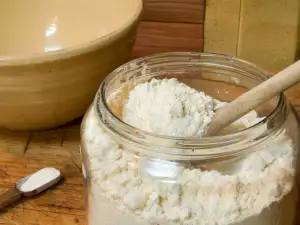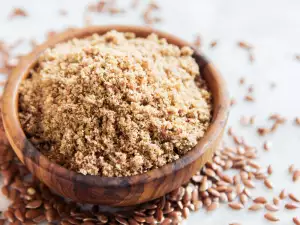One of the most characteristic features in the preparation of soups is the presence of thickeners. The soup egg based thickener has two main purposes - to give density and completeness to the soup itself, as well as to hide any minor flaws in the dish.
Perhaps the most common thickener is the so-called boiled thickener, which is made with an egg, yogurt and flour. It is also known as a restaurant thickener, because it is widely used in restaurants, cafeterias, kindergarten cafeterias, public restaurants and more.
For the preparation of the boiled thickener you need 1 egg, 1 tbsp. of flour and 1 cup of yoghurt. The products are beaten well until a homogeneous mixture is obtained, which is gradually heated over low heat. When the mixture thickens, add a little broth from the soup, boil for 1-2 minutes along with it and then add it to the soup.
The advantages of the boiled thickener are several. In first place, it is considered safe for your health in terms of the fact that the egg in it has been heat treated. In addition, the boiled thickener gives density to the soup and does curdle when heated, no matter how many times you heat the soup.
But the boiled thickener has one main disadvantage - it greatly shortens the expiration date of the soup. Soup, thickened with a boiled thickener, should be consumed within the next 24-48 hours, otherwise it spoils. With a boiled thickener you can even thicken the classic chicken soup or meatball soup.



















Comments